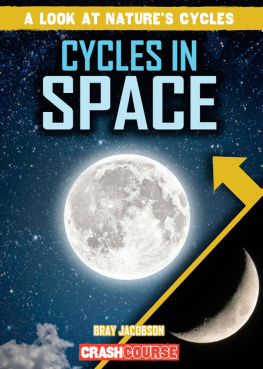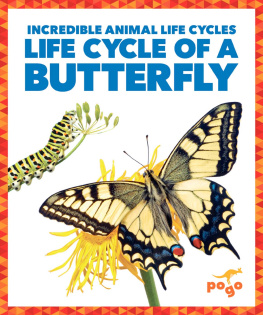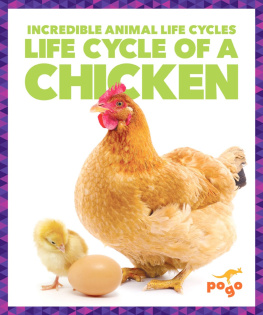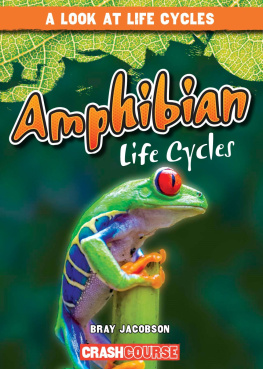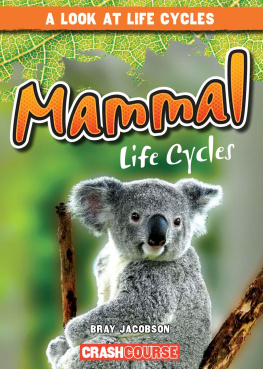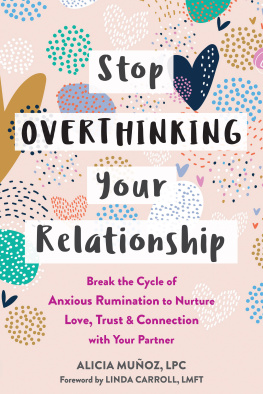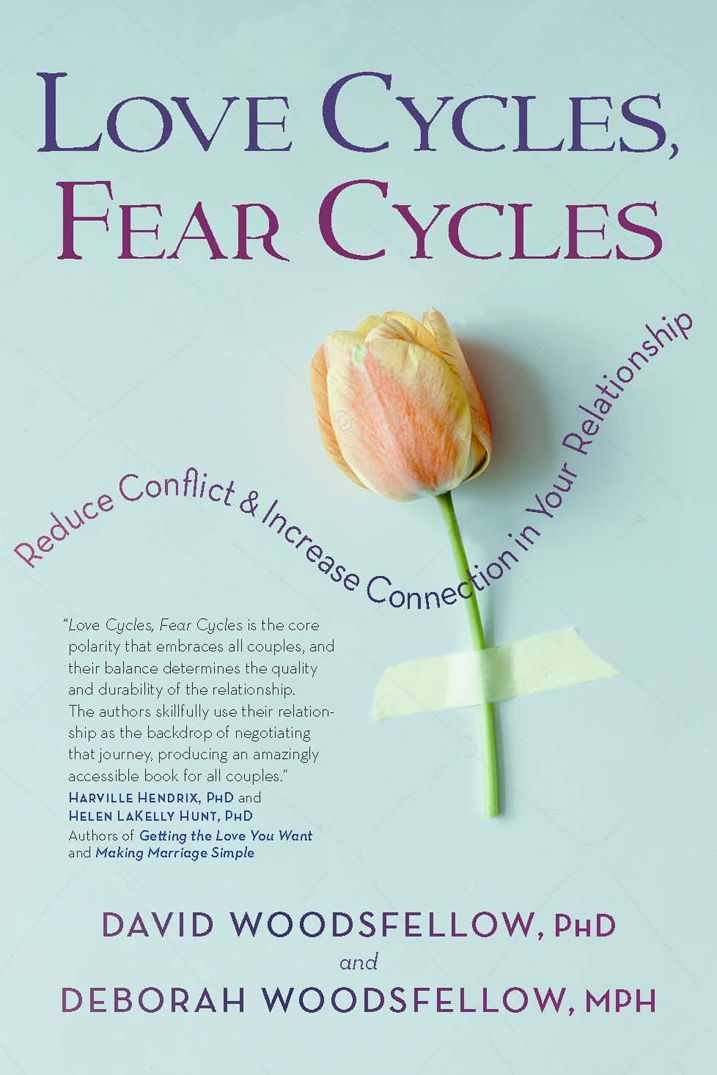Advance Praise for Love Cycles, Fear Cycles
Love Cycles, Fear Cycles is deceptively simple, powerful, and practical. Its readable, clear and straightforward. Yet it has the power to transform your relationship.
TERRY REAL, LICSW
Author of The New Rules of Marriage and How Can I Get Through to You?
Love Cycles, Fear Cycles is the core polarity that embraces all couples and deter-mines the quality and durability of their relationship. The authors skillfully use their relationship as the backdrop and illustration of negotiating that journey, producing an amazingly accessible book for all couples.
HARVILLE HENDRIX, PHD, AND HELEN LAKELLY HUNT, PHD
Authors of Getting the Love You Want and Making Marriage Simple
I think this is a very helpful book. Easy to read. Easy to understand. Easy to apply with or without professional involvement. Many a relationship will be made better and more rewarding because of Woodsfellows insights and the openness with which he shares them. I highly recommend this book.
MARSHALL DUKE, PHD
Charles Howard Candler Professor of Psychology, Emory University
For those of you who are in a relationship and both love and struggle with your partner, this book will provide a thoughtful framework for how to ease your struggles. David and Deborah Woodsfellow share a personal story of love and working with that love to optimize it. They share a simple model for discovering ways to make your own love story better. This is an easy read that will provide insights for those who want to love more.
DEBORAH BUTLER, PHD
Clinical Associate Professor, Robinson College of Business, Georgia State University
The social world is based on relationships. Good ones and bad ones. Isolation is not the answer. Sometimes we fear, sometimes we love, and always we strive to find balance. This book provides the tools to create strong relationships and to understand our interactions with our partners. I appreciate the expertise of David and. Deborah Woodsfellow who guide us through a journey toward good bonds in life.
RABBI DR. ANALIA BORTZ, MD
Congregation Or Hadash, Atlanta, Georgia
I love it. This is a very sophisticated synthesis of attachment and other relationship theories and research, with well-validated approaches to behavior change, all presented in straightforward language. The examples make the concepts come alive and provide a strong foundation for discussion.
NANCY BLIWISE, PHD
Professor, Department of Psychology, Emory University


This material has been written and published for educational purposes to enhance ones knowledge and ability to improve emotional and psychological well-being. The content of the book is the sole expression and opinion of the author. The information given herein is not intended for the diagnosis of any psychological or other medical condition, and the techniques presented here are not intended to be a substitute for an individuals prescribed medications or therapies.
Copyright 2018 by David Woodsfellow
All rights reserved. Published in the United States of America. No part of this book may be reproduced or transmitted in any form or by any means, graphic, electronic, or mechanical, including photocopying, recording, taping or by any information storage or retrieval system, without the permission in writing from the publisher.
This edition published by SelectBooks, Inc.
For information address SelectBooks, Inc., New York, New York.
First Edition
ISBN 978-1-59079-478-4
Library of Congress Cataloging-in-Publication Data
Names: Woodsfellow, David, author. | Woodsfellow, Deborah, author.
Title: Love cycles, fear cycles: reduce conflict and increase connection in your relationship / David Woodsfellow, PhD and Deborah Woodsfellow, MPH. Description: First Edition. | New York: SelectBooks, Inc., [2017] |
Includes
index.
Identifiers: LCCN 2017028132
Subjects: LCSH: Interpersonal relations--Psychological aspects. | Conflict management. | Love. | Fear.
Classification: LCC BF1045.I58 W66 2017 | DDC 153.6--dc23 LC record available at https://lccn.loc.gov/2017028132
Book design by Janice Benight
10 9 8 7 6 5 4 3 2 1
This book is dedicated to our parents, who gave us the experiences that made us who we are and helped us understand the principles in this book.
They each, in their own way, did the best they could, given the circumstances they faced. They each did wonderfully well at some things.
Thank you to
Norma and Gerson
Barbara and Don
Table of Contents
Guide
CONTENTS

This book was written to help you better understand your close relationship. We hope youll be able to see whats been going wrong for the two of youand learn how to make things right. Weve noticed a pattern that seems to be true of all partnerships. Commonly called vicious cycles, they are times when things get worse and worse, and you cant stop it. These cycles can result in bad fights, or in distance and withdrawal. Each person is part of these cycles; you do them together.
We hope that with the help of this book youll learn to see your own cycles clearly. We hope youll also learn to see what each of you does wrong, and the vulnerabilities that drive you. When you can identify these patterns, youll have taken an important step toward making things better.
Then well talk about how to change your cycle. We hope youll see the specific behaviors you each need to change, and the specific feelings that make each of you so vulnerable. We hope youll also see how your past has contributed to your cycle. And we hope youll be able to clarify what you truly want instead.
HOW TO USE THIS BOOK
If you want to explore this book in more detail, you might try the 24 exercises in the back. Most chapters refer you to particular exercises at the point when they might be most helpful. The exercises and the chapters cover the same topics, in the same order.
Its important to consider these ideas by thinking about what happens in your own relationship. If youre not in a close partnership now, consider your most recent or most significant relationship. These ideas come to life when you fit your own relationship into the general patterns we are describing.
Some people do that as they read; others benefit most by doing the exercises. If youre reading a chapter and something doesnt make sense, try the exercises. If youre working on the exercises and something doesnt make sense, try going back to that chapter. The chapters explain the ideas much more fully, and give you examples for comparison. The exercises guide you step-by-step through questions about your own relationship.
Weve written the book for an individual to think about these things, and then apply them to his or her relationship. However, you might also want your partner to read this book, and talk about it together. If your partner is willing to do so, that might be wonderful. If theyre not willing, dont force it. Just try it yourself for a while. Or, maybe a therapist might help.


